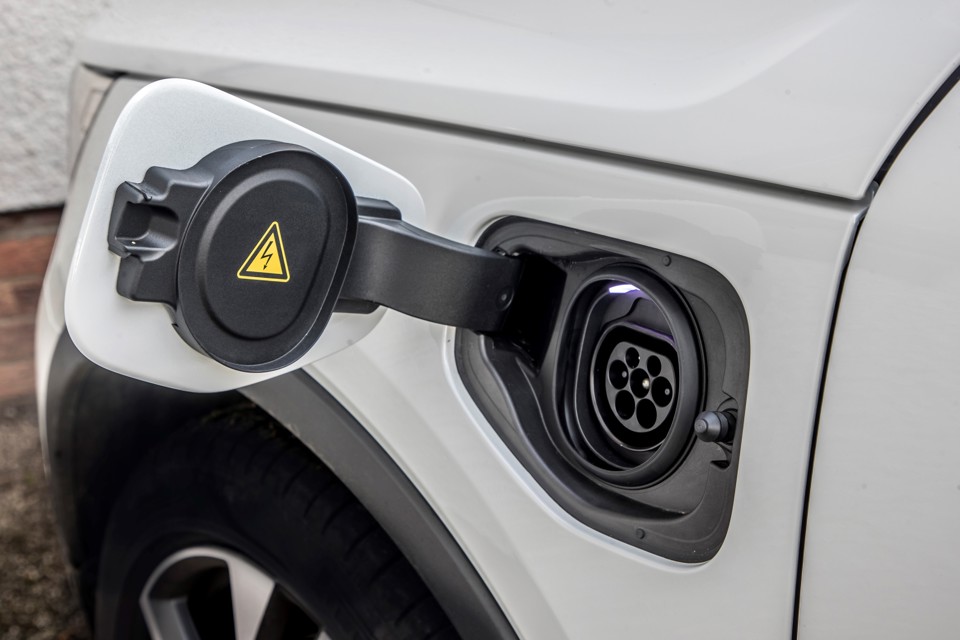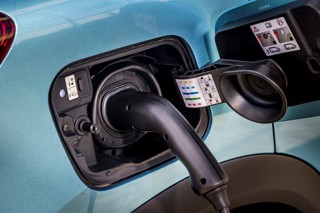Fleet Evolution says that insurance rates have increase by between 150% and 300% for electric cars in recent months, which is stopping drivers making the switch.
Andrew Leech, managing director and founder of electric vehicle (EV) salary sacrifice and fleet management specialist, Fleet Evolution, believes premiums are based on outdated research.
Based on a sample of 1,000 cars from its own fleet, it has seen a 40% reduction in accident rates involving EVs over the past two years.
“The two things simply don’t add up,” said Leech. “We are seeing falling accident rates involving EVs, even though there are far more of them on the road, while at the same time, insurance rates are going through the roof.
“EVs were typically more high-powered and running costs were higher several years ago. But, as more mainstream models are becoming available, so whole life costs are coming down – but we are not seeing insurance rates reflect that fact by coming into line with mainstream premiums or reducing as accident rates fall.”
Leech cited a younger colleague who switched from a diesel-engined Volkswagen Golf hatchback to an ID.3 and was quoted a £900 insurance premium, compared to her existing £350 premium.
Leech believes that insurers are basing higher rates on perceived higher and historic service, maintenance and repair (SMR) costs for EVs, although with fewer working parts, the reverse in reality is true, he says.
“If you look at Tesla, currently the most popular EV brand, historically the cars had to go back to the States for repair. Now, that’s no longer the case as there are over 30 Tesla service centres in the UK. But we don’t believe that’s being reflected in the insurance costs,” he said.
In addition, the fact that many EVs have sophisticated specification including Advanced Driver Assistance Systems (ADAS) including Autonomous Emergency Braking, Adaptive Cruise Control and Lane Departure Warning have led to many EVs being safer than the ICE models they replace, with fewer accidents.
“Previously, a driver may have had a collision through lack of awareness or being distracted. Now the current ADAS means that such incidents are far less likely,” said Leech.
“There is little doubt in our minds that these current unrealistic and excessive insurance rates are acting as a barrier to wider EV uptake.”
> Interested in comparing electric vehicle data? Check out our EV tool.
> Interested in ensuring the efficient use of EVs. Check out our dedicated editorial sections: Insight & policy | EV news | Charging & infrastructure | Costs & incentives | Benefit-in-kind | EV case studies | EV road tests





















Login to comment
Comments
No comments have been made yet.